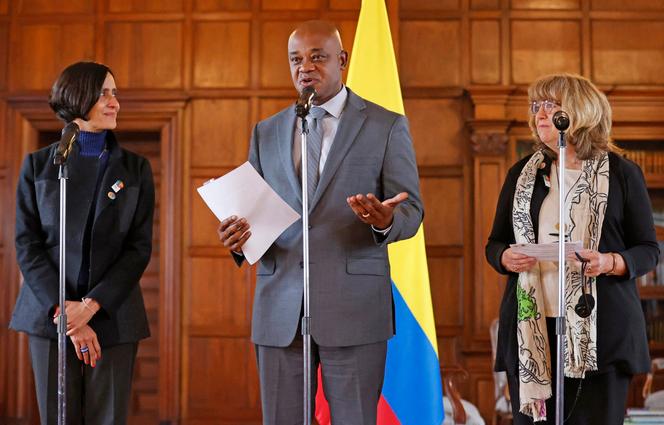


They include genes from wild varieties used to make potatoes resistant to mildew, and protein sequences from the mollusk Conus regius recovered to study the prevention of pain induced by anti-cancer chemotherapy. A huge number of plant and animal genomes are now digitized and stored in immense databases.
This information can be used in the field of medicine, cosmetics and seed development as well as in research areas like conservation, where it can be used to study the evolution and genetic diversity of populations or track the spread of invasive species. However, a key challenge is ensuring that those who freely access this data on their computers will actually pay for it.
Amid discussions on implementing the Kunming-Montreal Agreement, adopted two years ago to halt the destruction of nature, a key issue in the negotiations of the 16th World Conference on Biodiversity (COP16) is the sharing of benefits arising from the use of digital sequencing information (DSI) on genetic resources. The conference, which brings together representatives from 200 countries in Cali, Colombia, until November 1, addresses this complex topic, known as DSI, which still lacks an official definition.
At COP15 in Montreal, Canada, in December 2022, governments agreed on a multilateral mechanism for sharing the benefits of DSIs, associated with a fund. In Cali, they will have to make this framework operational. "These negotiations are on the cusp of a potential breakthrough at COP16. We have made enough progress to be optimistic about this," said Astrid Schomaker, executive secretary of the UN Convention on Biological Diversity (CBD), in August.
"It's going to be a sticking point, because there's money behind it, and some countries want to backtrack on certain points," said Martine Hossaert, research director at the French National Center for Scientific Research, who is monitoring the discussions.
A failure on the DSI issue would tarnish the COP's overall results. An agreement, on the other hand, would mark the culmination of very long years of negotiations. The fair and equitable sharing of the benefits arising out of the utilization of genetic resources is one of the three objectives of the CBD, which was created in 1992. In 2010, the Nagoya Protocol was adopted at COP10 in Japan. This binding agreement requires that a country using a genetic resource must first obtain the provider's consent and establish a bilateral contract specifying the permitted uses and the agreed-upon compensation, whether monetary or non-monetary.
You have 57.53% of this article left to read. The rest is for subscribers only.
